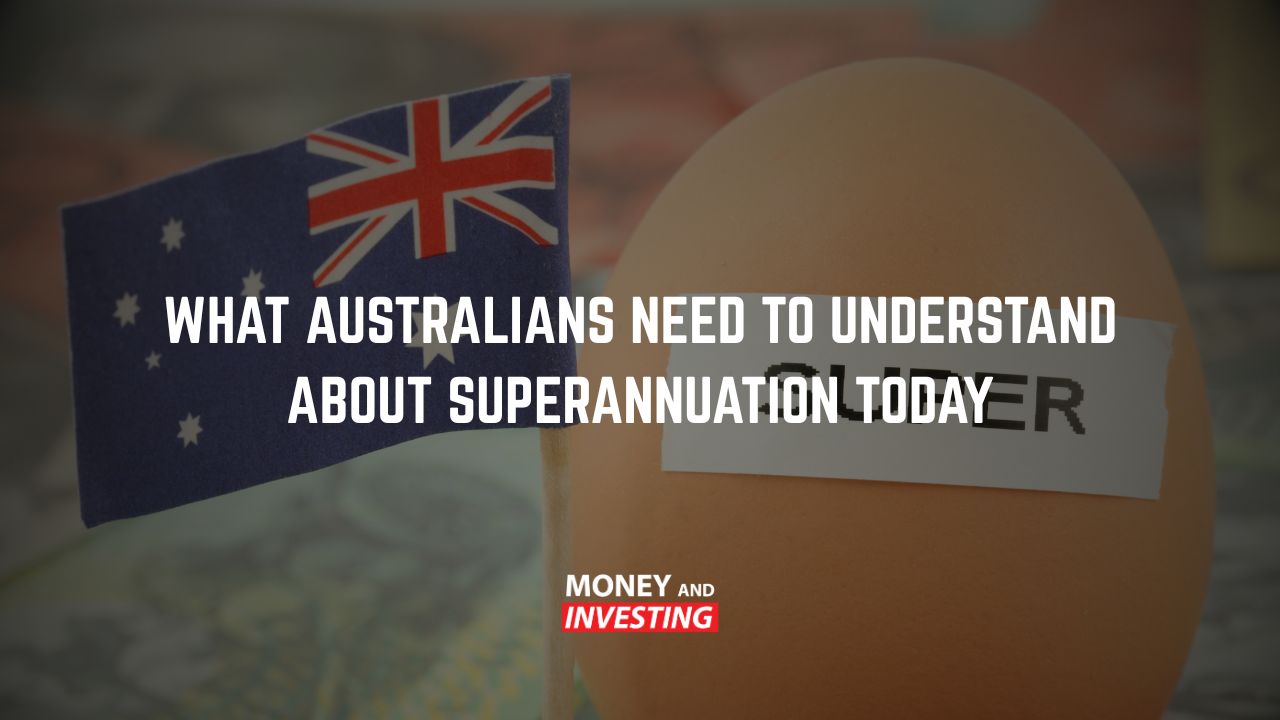
Superannuation might appear on your pay slip or in headlines, but for many Australians, it's still a mystery. Most people only notice their super when the balance spikes—or drops—missing out on key strategies that could shave years off their working life. Spending just a little time understanding how super actually works can make a big difference when it’s time to retire.
Know Your Super Contributions
Currently, Australians can contribute up to $30,000 per year on a concessional basis, which includes your employer’s contribution and any extra you add yourself. This limit offers a solid tax break, so tracking what’s going in matters.
Super began as a three-way effort between the government, your employer, and you. These days, your employer does most of the heavy lifting, with the super guarantee rate climbing to 12% soon. While that boosts long-term savings, it may strain smaller businesses already navigating tight pay budgets.
Why Super Rules Keep Changing
Tax laws related to superannuation seem to shift faster than most people can keep up. This constant change can leave Australians feeling disengaged or even distrustful of the system. If policies remained stable for just a decade, retirement planning could become far more manageable.
Recent talk of increased taxes on self-managed super funds (SMSFs) with balances above $2 million has rattled confidence—even though it affects only a small group. The broader concern? It creates doubt for everyone about whether super is still worth maximizing.
Understanding Industry Super Funds
Industry super funds were created for specific trades—like CBUS for builders or Hostplus for hospitality workers. As not-for-profit funds, they typically reinvest surplus profits back into your balance, not shareholder pockets.
However, not all is perfect. Concerns have surfaced around data security and delayed fund transfers. Thankfully, legislation now requires funds to disclose if they underperform compared to market benchmarks. Some do fall short—so always compare performance.
Exploring Retail Super Options
Retail super funds, run by commercial investment firms, offer broader choice—everything from ethical investments to global bonds. These funds are great for those who want more control over their asset allocation.
But be cautious: fees can vary dramatically. A quick side-by-side browser comparison often reveals the better deal. Lower fees = more money compounding in your account.
The Rise of Self-Managed Super Funds (SMSFs)
An SMSF puts you in control—allowing you to invest in property, shares, and even fine art under a tax-shielded structure.
Once considered a wealthy person’s option due to accounting costs, SMSFs are becoming more accessible. If a couple has around $250,000 combined, it can often make financial sense to run their own fund.
But with greater control comes more responsibility. You can buy a rare bottle of wine for investment, but the moment you drink or display it, you lose the tax benefit. Assets in your SMSF must remain untouched until retirement.
Super Mistakes to Avoid
- Starting Too Late: Compounding rewards early savers. Delay costs you more than you think.
- Poor Asset Mix: Young investors can afford growth assets; retirees need more stability.
- Too Many Funds: Multiple super accounts mean duplicated fees and insurance premiums. Consolidate when possible.
- Ignoring Contribution Caps: The $30k cap is a limit, not a target. Use the bring-forward rule to take advantage of high-earning years.
Plan Your Retirement Transition
As retirement nears, it's time to crunch the numbers again:
- Budget Check-In: Know what you'll spend and adjust your portfolio to match.
- Division 293 Tax Watch: If you earn over $250,000, a higher super tax rate may apply. Plan contributions accordingly to avoid surprise bills.
Final Thoughts from Andrew Baxter
Superannuation remains Australia’s most powerful retirement vehicle. While rules change, smart contributions and an informed asset mix can help you stay ahead.
And remember—professional advice isn’t just helpful; it’s essential. The right guidance today gives you confidence and freedom tomorrow.
For more practical tips, checklists, and strategies, visit https://australianinvestmenteducation.com.au/ and grab your copy of The Wealth Playbook. Start planning your future wealth, today.
Comments
Post a Comment